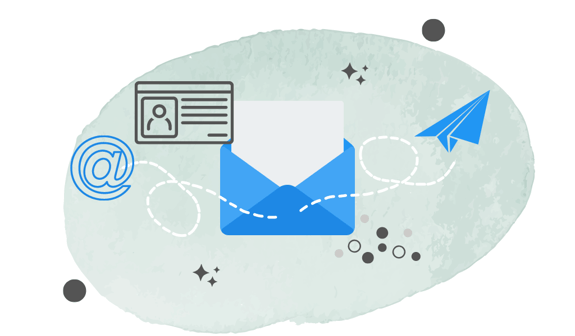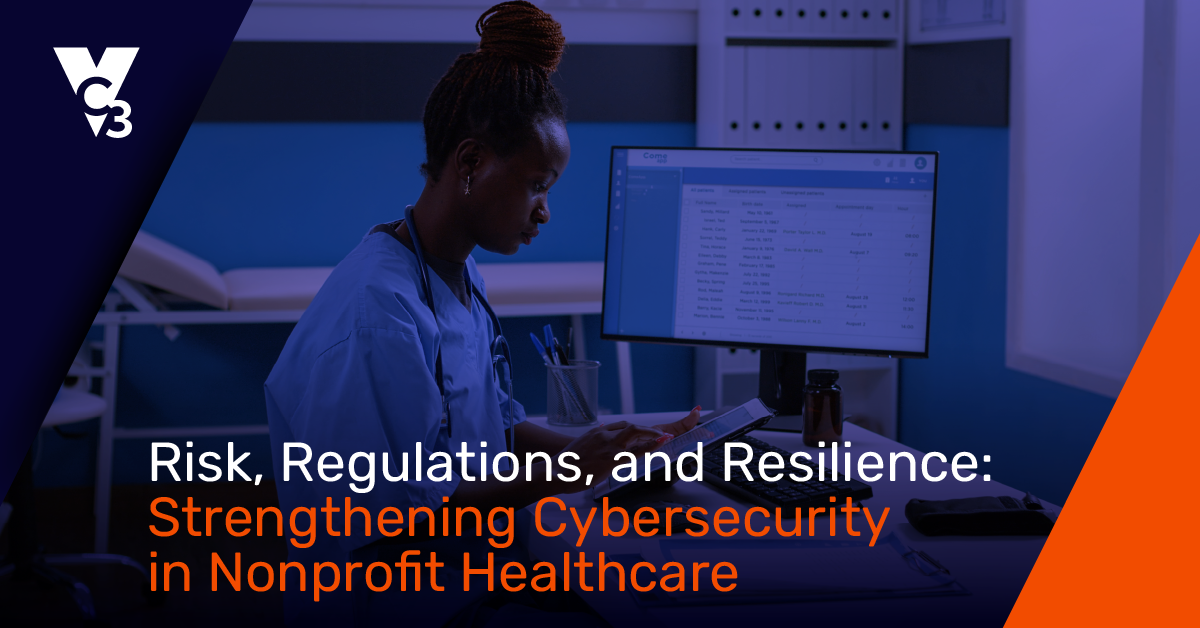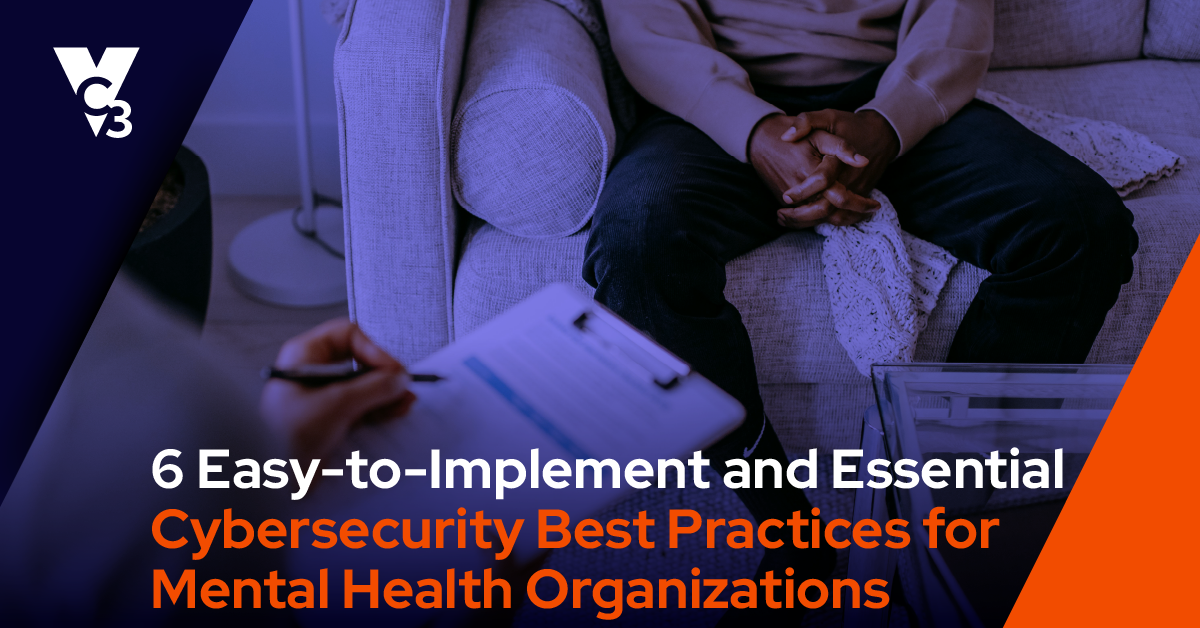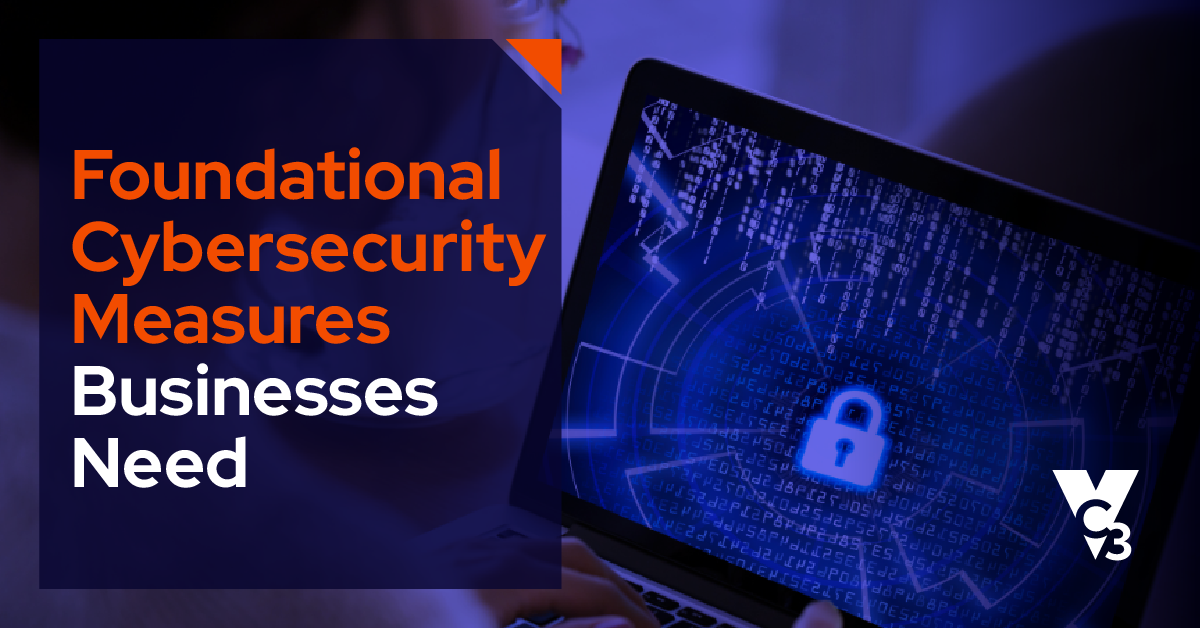Recently, we took a random sampling of about 10,000 municipal contacts and noted:
- 735 contacts had consumer-grade Gmail addresses
- 372 contacts had a yahoo.com email address
- 216 contacts had a bellsouth.net email address
- 165 contacts had a hotmail.com email address
- 93 contacts had a windstream.net email address
- 92 contacts had an aol.com email address
If we add a few odd miscellaneous consumer email addresses, we are approaching 20 percent of municipal contacts using consumer-grade email. While there might be a slight slant toward elected officials using these addresses, many of the emails also belong to municipal employees: managers, clerks, attorneys, police, and department heads.
This data is concerning, as many risks exist when you use consumer-grade email addresses to conduct city business. Let’s see why.
1. Inability to follow records retention laws
Consumer-grade email limits your ability to enforce records retention policies and comply with open records laws. For example, think about the following scenarios:
- You receive an open records request that involves retrieving information from a disorganized employee’s personal aol.com email account.
- You are required by law to retain records related to city business, but the ex-mayor and various former elected officials have personal email accounts with critical information that you must access.
- Litigation requires you to produce specific city records, and employees must submit to an audit of their personal email accounts.
While it’s not impossible to follow records retention laws using personal email accounts, the process is incredibly messy and fraught with risk. There is no centralized way to manage records retention policies around emails and enforce archiving or deletion rules. You need an enterprise-grade email system to ensure that you can easily find, retain, and delete records consistent with any retention laws.
It might seem like elected officials can get away with using consumer-grade email addresses because they are not day-to-day employees, but they especially need professional email addresses when conducting municipal business in order to centralize and retain records. They are key decision makers who communicate about some of the most important decisions made by a municipality—and that information can’t be lost to a personal aol.com address.
2. Lack of email security
How do you secure emails when they are tied to a consumer-grade email account? You really don’t. When you use consumer-grade email, there is no good way for IT professionals to enforce password policies, detect suspicious user activity, and delete or deactivate email accounts if an employee leaves.
Some security measures you cannot oversee with consumer-grade email accounts include:
- Password best practices and multi-factor authentication
- Access and authorization to sensitive and confidential information
- Encryption
- Antispam
- Data backup and disaster recovery
It’s much easier for hackers to hack a consumer-grade email account if these best practices are not followed, putting your municipality’s information at risk.
3. Lack of control over email information
This is a huge risk related to personal email accounts. When a mayor, councilmember, or employee leaves, they take their email with them. So what happens if you need to produce one of their emails or search that account for a piece of information? It walks out the door.
Also, you cannot control data privacy around that email information, easily transfer that information over to a new email account or database, or deactivate a user when they leave. With an enterprise email provider, you can retain all email despite an employee leaving, deactivate their account, and control how that email information is stored and transferred.
4. Loss of credibility and professionalism
This risk is more subjective, but it does ring true. It looks a little embarrassing for a municipality to use an aol.com or yahoo.com email address. After all, you’re a municipality. The government of your city or town. Many one-person businesses have professional email addresses. You need to step up and do the same.
In addition to issues with professionalism, you also lack credibility when communicating with the outside world. With everyone’s cybersecurity hackles raised today, it looks suspicious when an email comes from a city that says mayor204@aol.com rather than mayorjohndoe@professionalcitydomain.com.
5. Risk of spam filters trapping emails you send
Related to the paragraph above, spam filters are more triggered by emails that are likelier to be malicious. For example, an email coming from an aol.com-type of email address will more likely trigger a spam filter to block it versus a professional email with a legitimate domain. With most enterprise-level email platforms, a lot of automation goes on in the background to tell spam filters if an email is good or bad. You want to make sure your emails actually arrive in a person’s inbox.
---
Just like you need a website, you need professional email addresses for your employees and elected officials. Even if you’re a small municipality, it’s necessary—and cheap. You’re really not saving much money by using a free consumer-grade email service—and the risk may end up costing you if something goes wrong as a result of taking this shortcut. An enterprise email system is affordable, professional, and secure—giving you the ability to manage users, comply with laws, and retain email records effectively.
Need help with your municipality’s email? Reach out to us through the form below.





